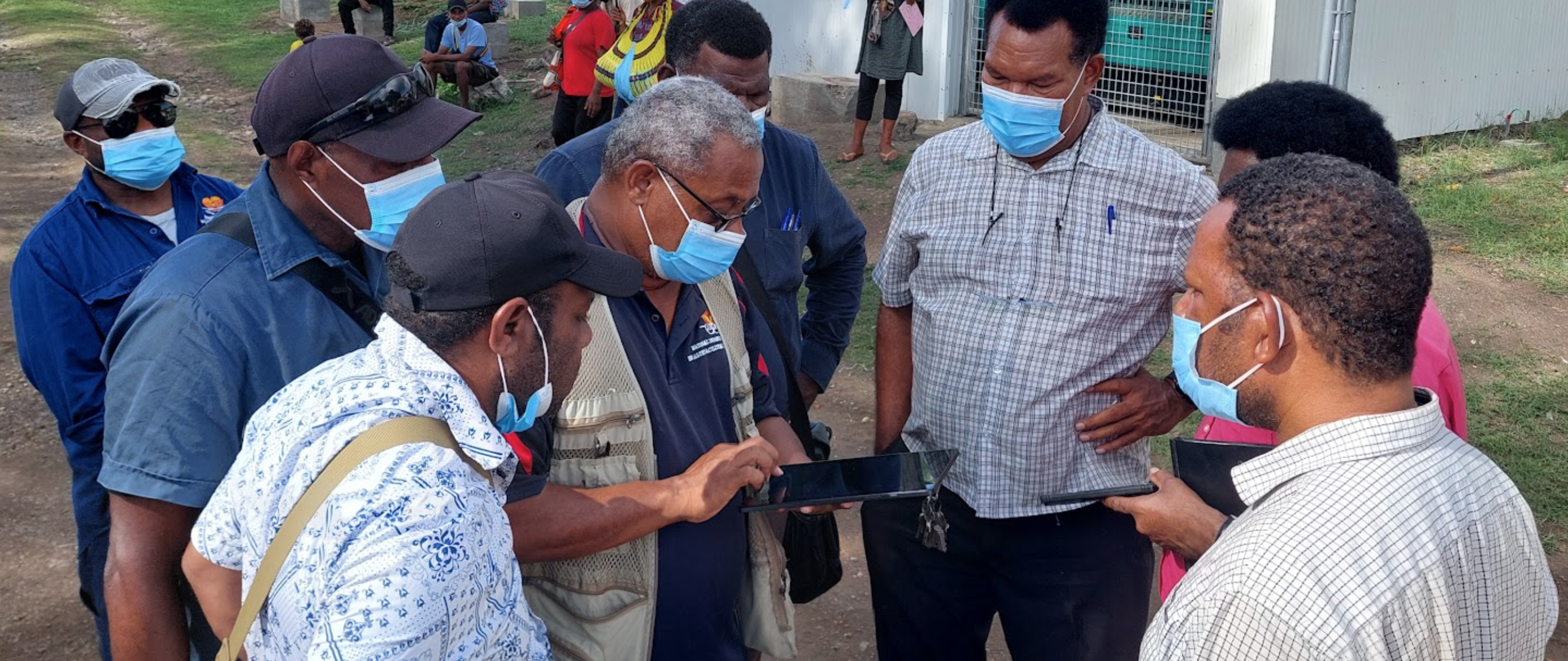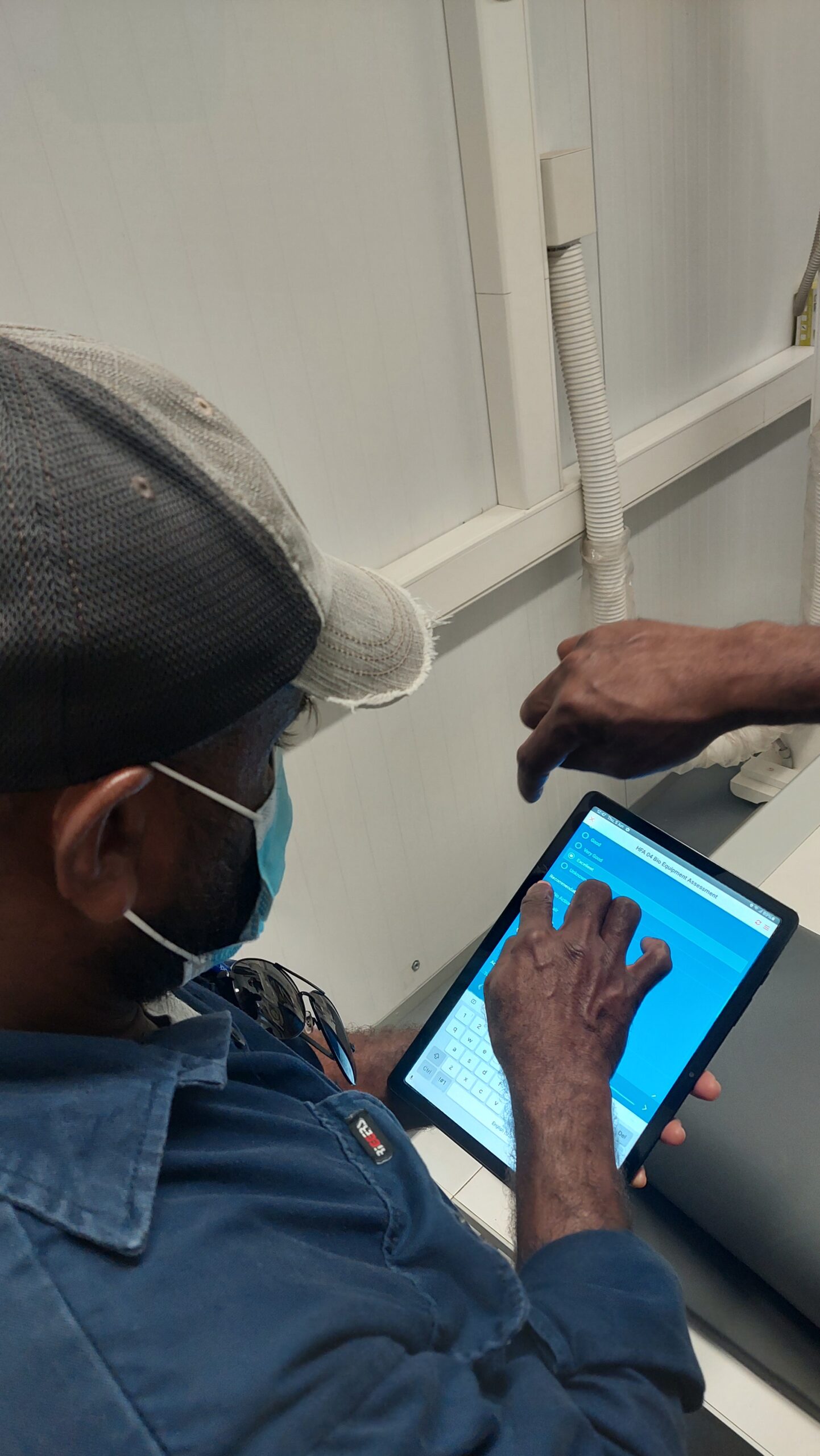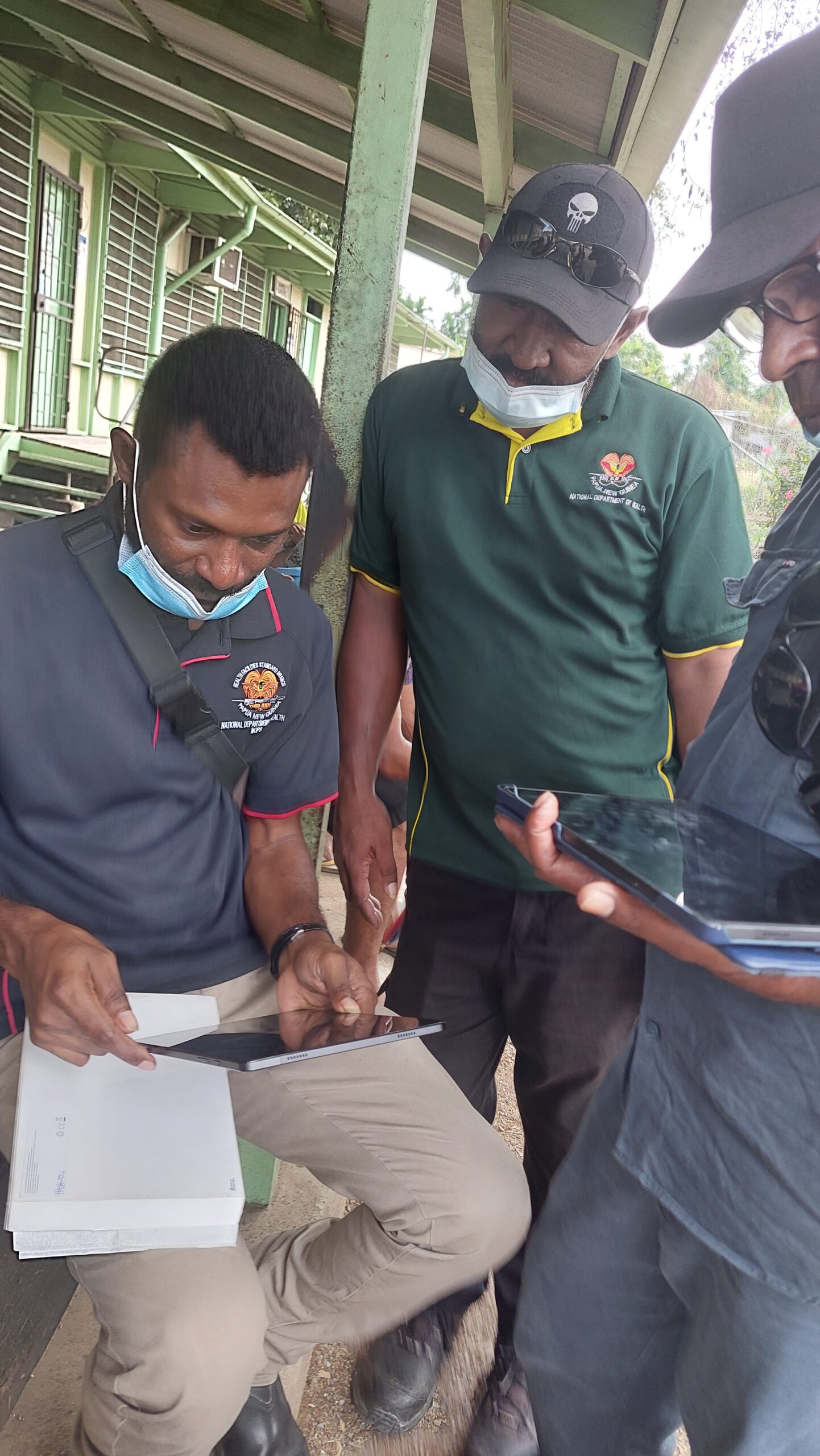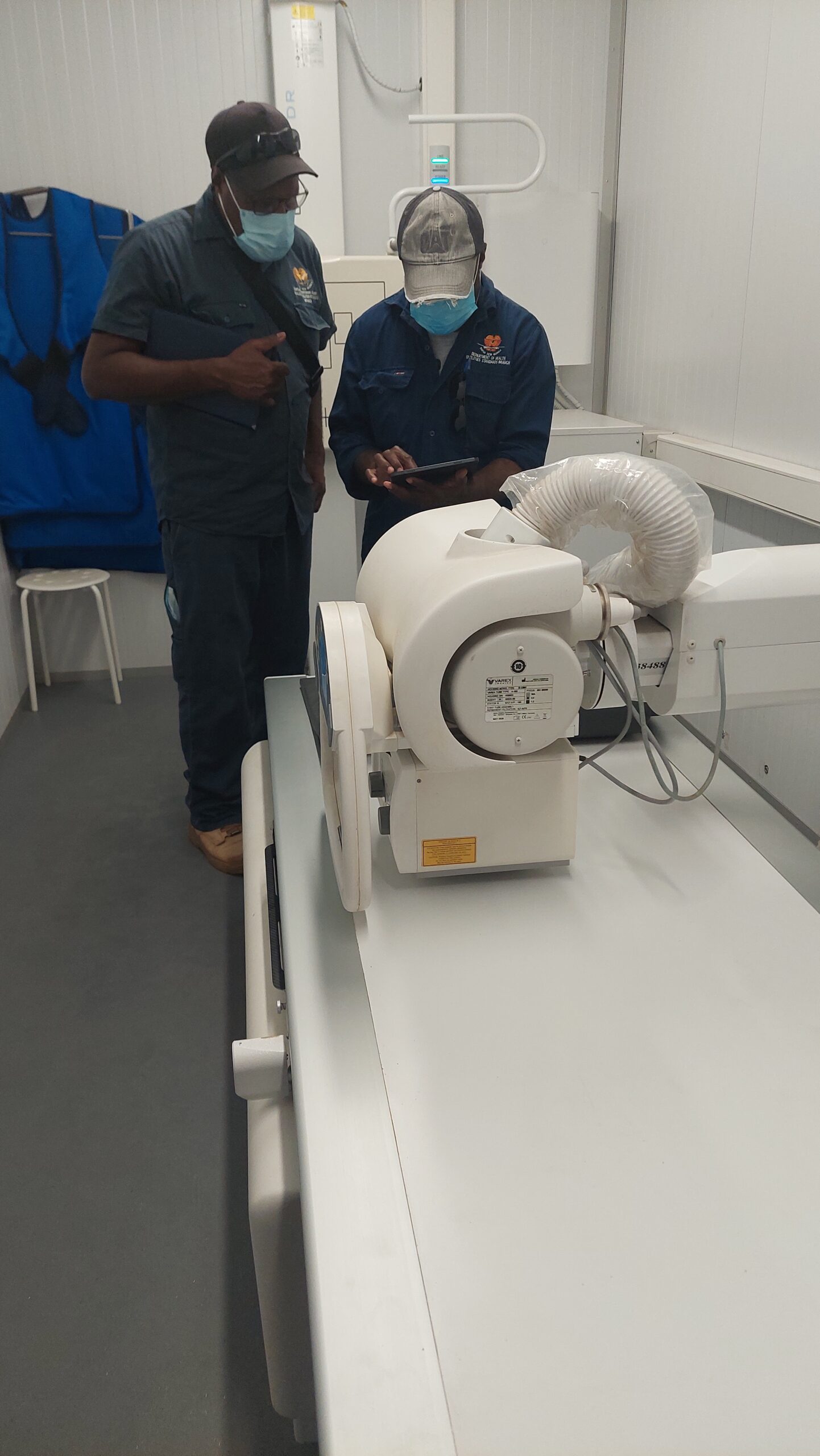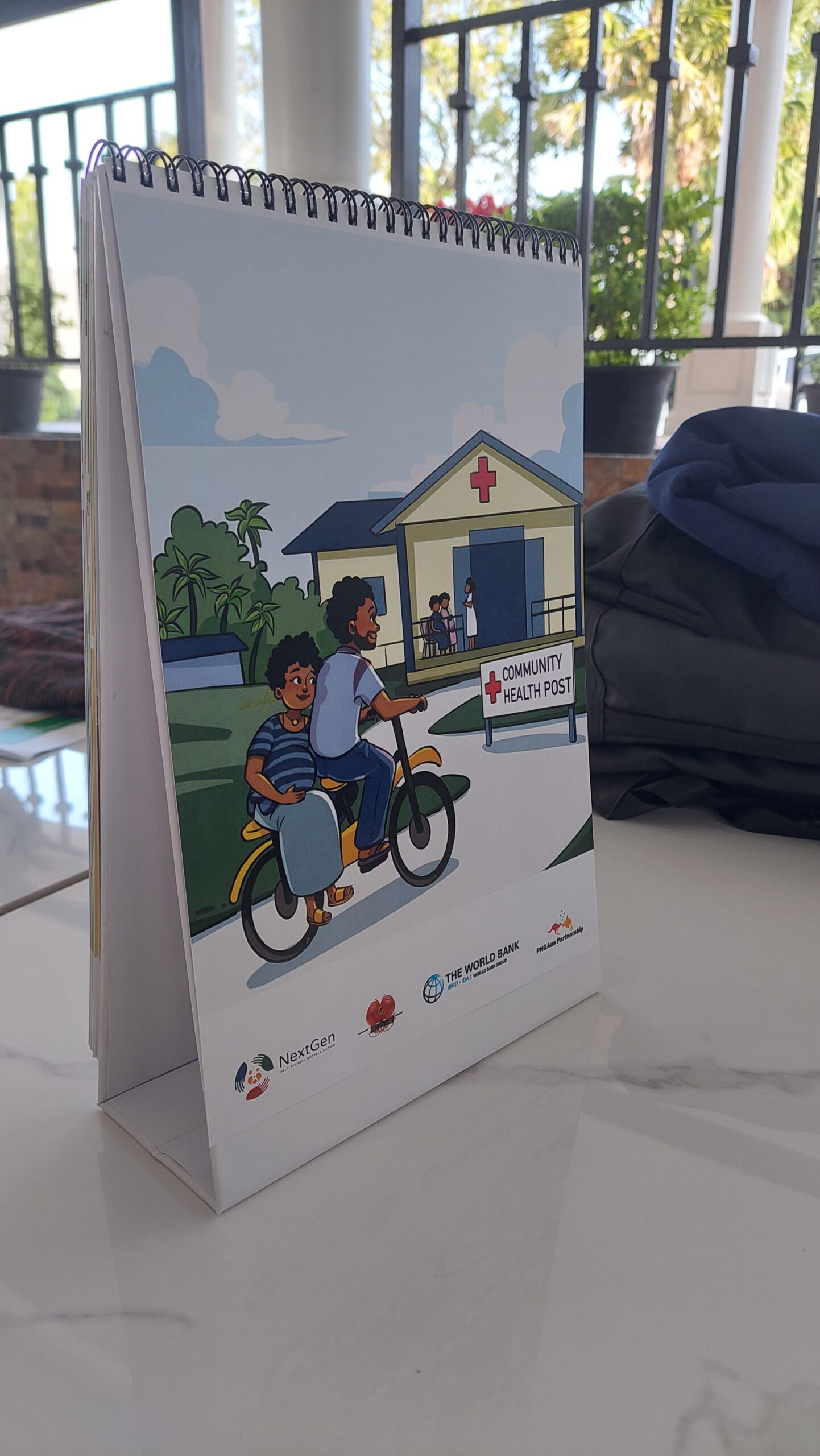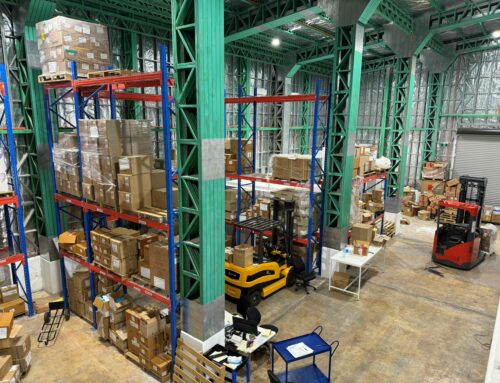Improving staffing and infrastructure at health facilities in PNG through digitised assessments.
Health facility assessments in Papua New Guinea have been successfully digitised in Tupaia – a GIS and data intelligence platform built by BES – in June 2025. The project, co-funded by the World Bank Group and the Australian Government’s Department of Foreign Affairs and Trade (DFAT) was implemented by partners, the United Nations Office for Project Services (UNOPS) and BES.
In Papua New Guinea, routine health facility assessments allow the national Department of Health to identify gaps in areas like health service provision, staffing levels, infrastructure and biomedical equipment. In the past, the process for conducting these assessments was made particularly time consuming thanks partly to the use of PDF forms for data collection and spreadsheets for analysis and reporting.
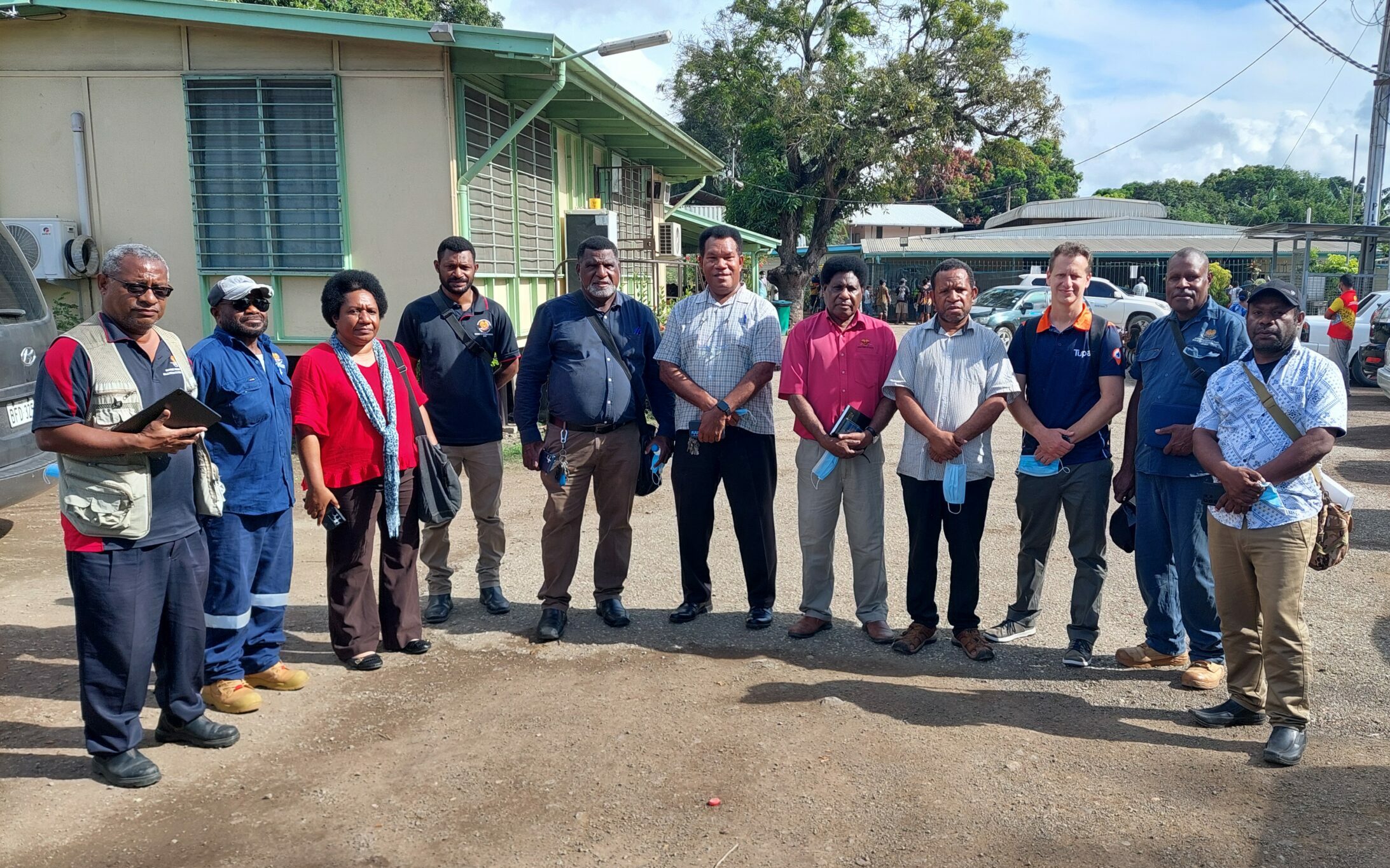
In June 2025, the health assessments were fully digitised in Tupaia which means that data reporting is now integrated with data collection with the aim of improving the efficiency, quality and accessibility of health assessments. The digitised tool provides health administrators with valuable information to make decisions about where to allocate resources to improve health services for the people of Papua New Guinea. Improved resource allocation should in turn result in better health outcomes.
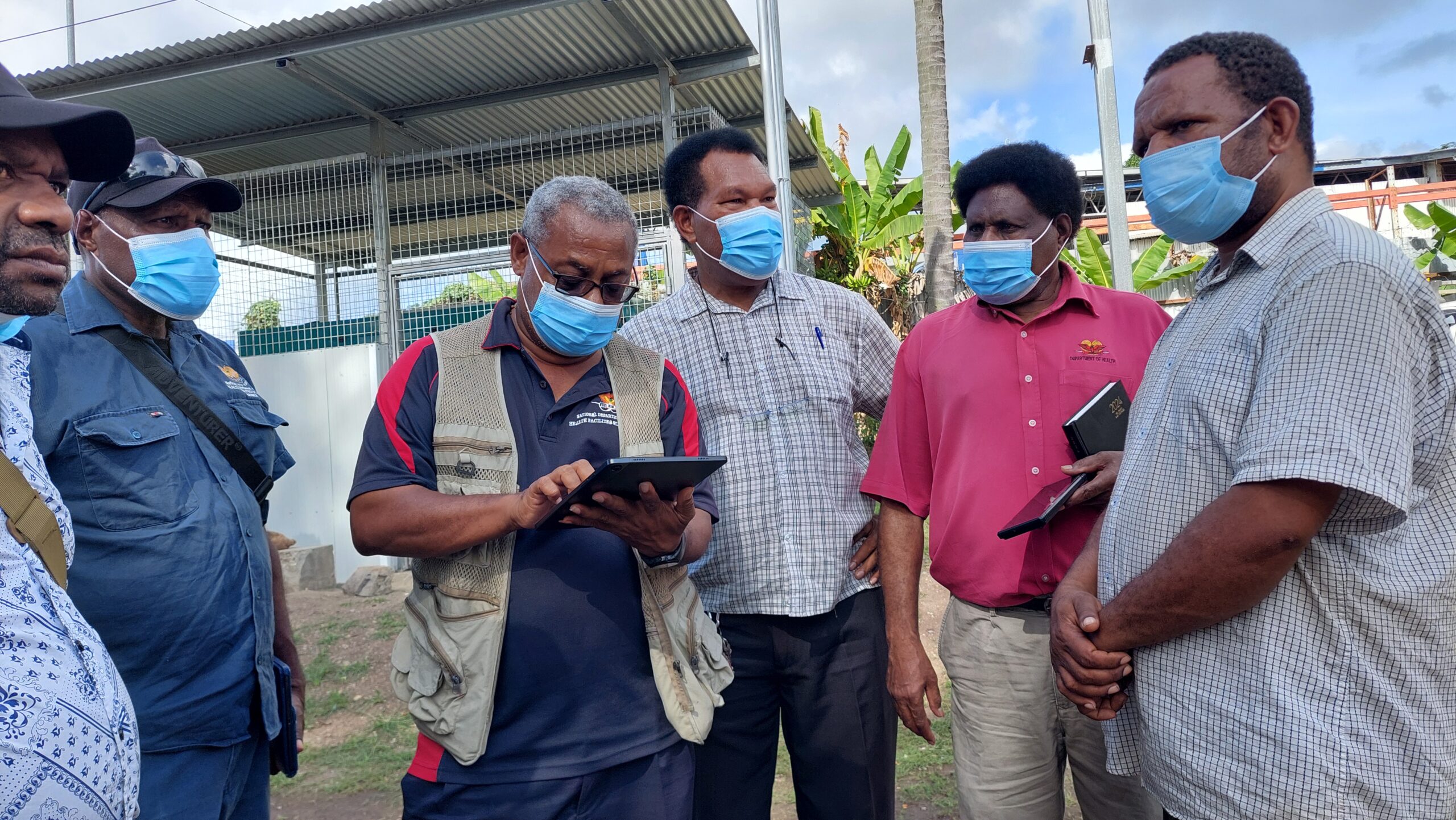
Gau Baru, Chief Technical Officer, Health Engineering Services, National Department of Health, piloting Tupaia at 6 Mile Polyclinic, 4 June 2025
The key changes made through digitisation of the health facility assessment tool are the speed with which reports are generated and the quality and accessibility of data contained in the reports. Auditors can now collect data through Tupaia’s offline app, MediTrak, while customised reports built in Tupaia.org update as soon as new data syncs. The reports contain a vast array of data, including comparisons with national standards, which is summarised into dashboards and maps that use colour to visually identify areas of concern.
The system also includes an inventory management module that uses Tupaia’s QR Code capabilities for maintaining records on biomedical and static equipment.
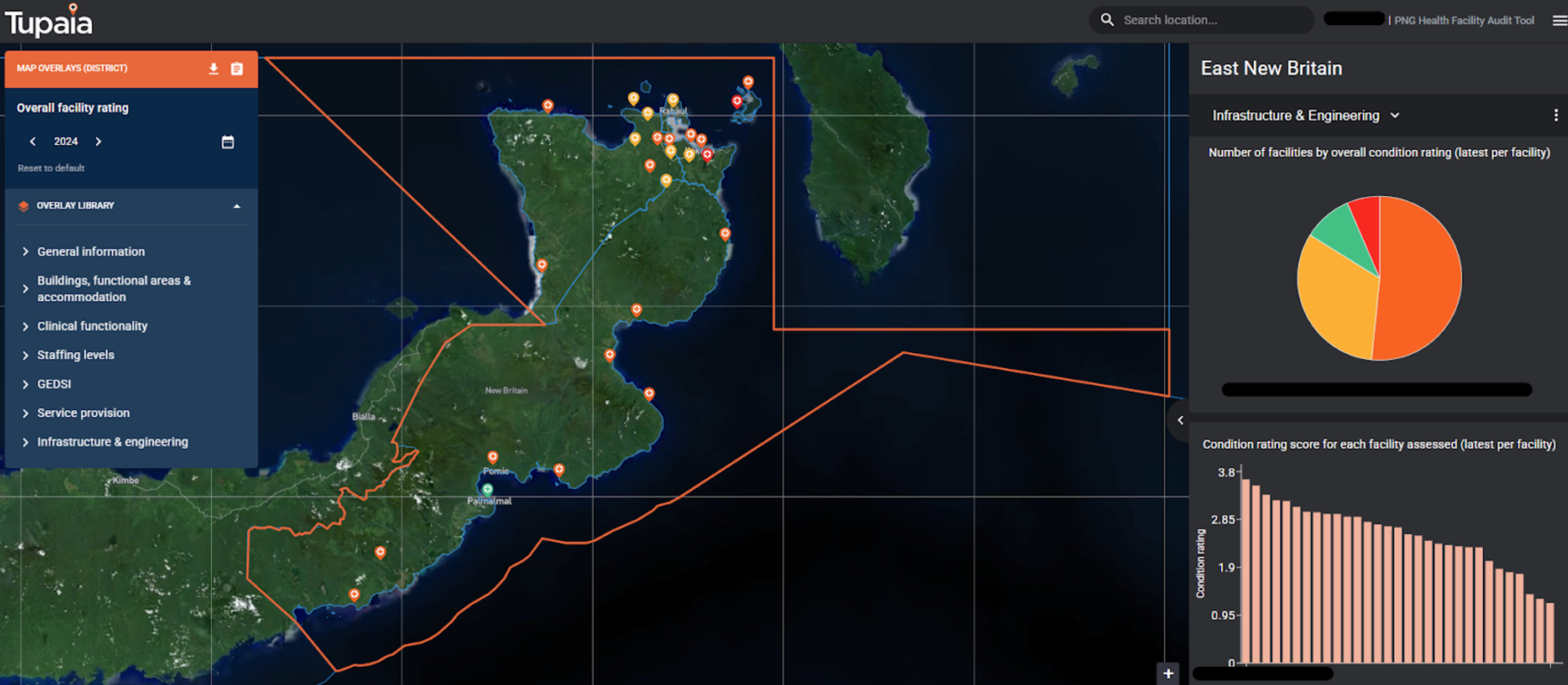
Infrastructure & Engineering dashboard in Tupaia.org
“The tool is one important element that we have been longing for, and having the condition and status (of a facility) known to us has always been challenging. The tool will provide us with the evidence and data we really need to help with evidence based decision making.”
Ambrose Kwaramb, Head of National Health Services Standards
Between April and June 2025 and in collaboration with UNOPS and NDOH, BES imported into Tupaia NDOH’s six assessment surveys and data for 31 health facilities, built reporting dashboards containing over 200 separate data visuals, and piloted the tool with the National Health Services Standards team at 6 Mile Polyclinic health facility in Port Moresby.
“I find the tool very easy, very reliable and user friendly. Previously we used paper which took a lot of time and some data went missing. With Tupaia we just enter data and the information is straight there on the dashboard”
Roy Matthew, Nursing Officer at 6 mile Polyclinic
BES is proud to have contributed to the digitisation of health facility assessments in PNG.
